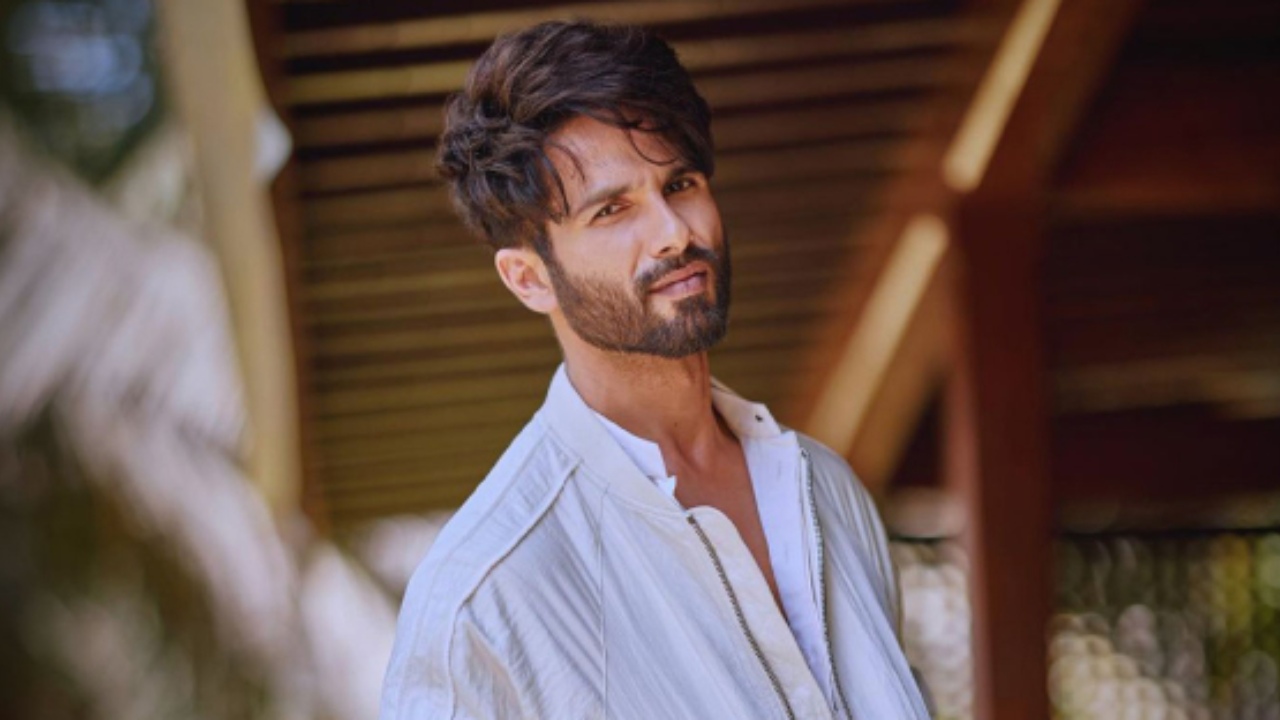Actor Shahid Kapoor recently sat down with journalist Faye D’Souza for a candid conversation on The Faye D’Souza Show, delving into topics that challenge societal norms and inspire personal growth. Kapoor spoke passionately about embracing vulnerability as a strength, navigating the weight of societal expectations placed on men, and breaking long-standing gender stereotypes.
The conversation took a deeply personal turn when D’Souza asked Kapoor about his vulnerable moments, particularly in professional settings. Kapoor admitted that his moments of vulnerability often coincided with emotional upheavals in his personal life, especially heartbreak. Recalling a poignant anecdote, he described sitting in his vanity van with his makeup artist warning him not to cry as it would ruin his makeup. The moment underscored how men, even in private, are often conditioned to suppress emotions for fear of judgment or perceived weakness.
D’Souza added her perspective, questioning why society continues to associate vulnerability with weakness, especially in men. She reflected on her own moments of fragility at work, pointing to the need for a cultural shift in understanding emotional expression as a universal human experience rather than a gendered one.
“Why do we still see vulnerability as a weakness, especially in men?” D’Souza commented. “In this conversation with Shahid Kapoor, we explored how embracing emotions, breaking gender stereotypes, and finding balance can redefine masculinity. What do you think it will take for society to fully accept this change?”
Beyond discussing emotions, the actor also touched upon the impact of cinema in shaping societal attitudes. Kapoor emphasized the responsibility of storytelling in addressing stereotypes and fostering empathy. He further reflected on spirituality and the importance of finding balance in life, crediting these practices for helping him navigate the pressures of fame and personal challenges.
Kapoor’s open dialogue with D’Souza sheds light on a broader movement toward redefining masculinity in today’s society. As conversations around emotional health and gender expectations continue to gain traction, voices like Kapoor’s play a crucial role in driving meaningful change.


